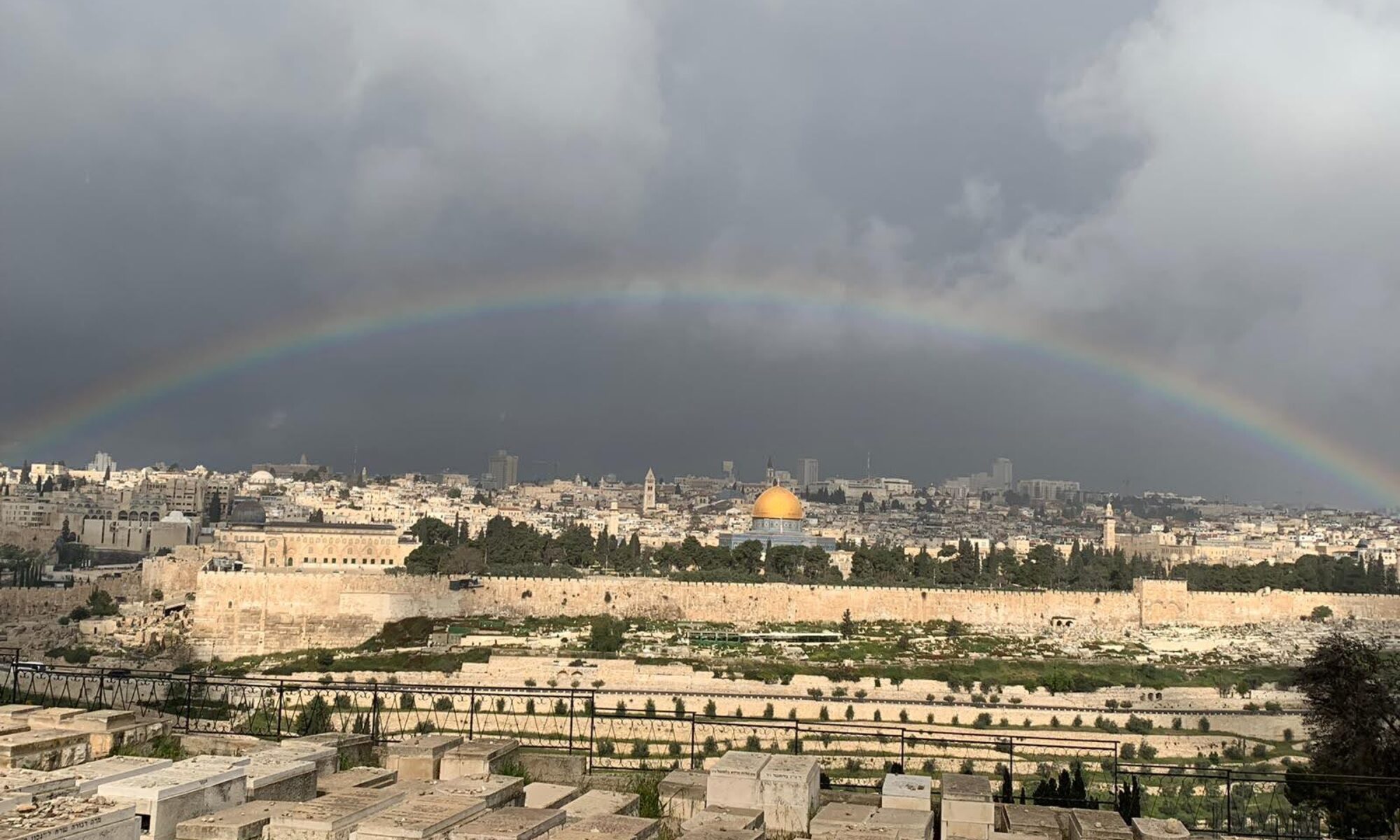Does your church family spend time reading Scripture aloud? For most of my life, my observation has been that the only reading consists of the few verses that the pastor includes in his sermon. Perhaps a short section of text that is read aloud as the precursor to the teaching, but most often 2-3 verses attached to a lengthy monologue.
Is that how it’s supposed to be though? Are we not called to diligently read Scripture aloud? The 16th positive commandment of Scripture as enumerated by Maimonides is the basis for this understanding.
P16 – To collect the people to hear the Torah [being read] in the year following the shemitah year, as Deuteronomy 31:12 states: “Gather together the people.[1]“
This command is very specific to the year following the sabbatical year. However, there’s nothing in Scripture that prohibits going above and beyond in the exercise of God’s word. In fact, for this command, that’s exactly how the Apostles seem to operate.
Of course, there is a literal understanding of this teaching that is lived out by the Jewish people. In the modern land of Israel, they observe the sabbatical cycle (P140). In fact, 2021/2022 was the shemitah year in Israel where the observant farmers allowed the land to rest as per Biblical teaching (P134). When all the people come up to Jerusalem for the festival following the new year and the end of the shemitah year, there are public readings of Scripture. This is the literal command lived out today.
How did Yeshua and the Apostles view this command? In my current understanding, they advanced it to a heart level and exceeded the expectations of a literal reading. In the Apostolic teachings, there was an expectation that a public reading would happen, at minimum, weekly. Of course, it wasn’t at a national level as the command is envisioning. The Apostolic example is reading within our immediate communities. The Apostle Paul gave a direct instruction on the topic in 1st Timothy:
1 Timothy 4:13 (ESV)
13 Until I come, devote yourself to the public reading of Scripture, to exhortation, to teaching.
Lest anyone attempt to broach the argument about publicly reading the New Testament, it’s imperative to understand that when Paul is giving this instruction the New Testament was not yet codified (nor would it be for a very long time) and all instances of “Scripture” being mentioned in the New Testament refer to the “Old Testament.” Scripture was revered by the Apostles and was constantly before them in their teachings.
That’s not to say Paul did not specifically address his own letters. These too he instructed the disciples of Yeshua to read aloud as he understood the communal need for his corrective actions conveyed in his letters.
Colossians 4:16 (ESV)
16 And when this letter has been read among you, have it also read in the church of the Laodiceans; and see that you also read the letter from Laodicea.
1 Thessalonians 5:27 (ESV)
27 I put you under oath before the Lord to have this letter read to all the brothers.
Paul appears to make a distinction between his letters and “Scripture.” In His day, he was not considering his word Scripture. I agree that it is Scripture, so please don’t misunderstand what I’m saying – I’m simply saying when Paul said “Scripture,” he was referring to the “Old Testament.”
Paul isn’t our only source either! We see this lived out and taught about in other places in the Apostle’s writings. Our Master participated in the public reading ceremonies and only expounded on it after the reading.
Luke 4:16–17 (ESV)
16 And he came to Nazareth, where he had been brought up. And as was his custom, he went to the synagogue on the Sabbath day, and he stood up to read. 17 And the scroll of the prophet Isaiah was given to him. He unrolled the scroll and found the place where it was written…
Now there is a lot going on in this section of text that I hope to cover at another time. For now, the point I’m making is that Yeshua was participating in the cultural understanding of P16 – the public reading of Scripture. It didn’t end with Him either. Even after His death, resurrection, and ascension, we see the tradition carried forward in Acts.
Acts 13:27 (ESV)
27 For those who live in Jerusalem and their rulers, because they did not recognize him nor understand the utterances of the prophets, which are read every Sabbath, fulfilled them by condemning him.
We can see that the Torah and the prophets are read every Sabbath. They are publicly read and proclaimed and only after the reading of the prescribed texts would the teachers then begin to offer their interpretations. The congregation would hear the text themselves within its full context and meaning and then they would hear the teacher. This is a significant difference from our modern church where most believers can only recount a few random stories and even then, mostly out of context.
Furthermore, just to drive home the point that this is very much in respect to the “Old Testament” we should consider the Acts 15 council. The council made four pronouncements in 15:20 and wrapped up their thought on why those four were sufficient to facilitate fellowship between Jewish and Gentile believers. The gentile believers would continue to learn and apply the teachings they hear week to week when Moses is read aloud.
Acts 15:21 (ESV)
21 For from ancient generations Moses has had in every city those who proclaim him, for he is read every Sabbath in the synagogues.

